September 29, 2025
INTERNATIONAL MUSEUM FORUM WITH TRAINING WORKSHOP (TREBINJE) REPORT Conference, Meeting
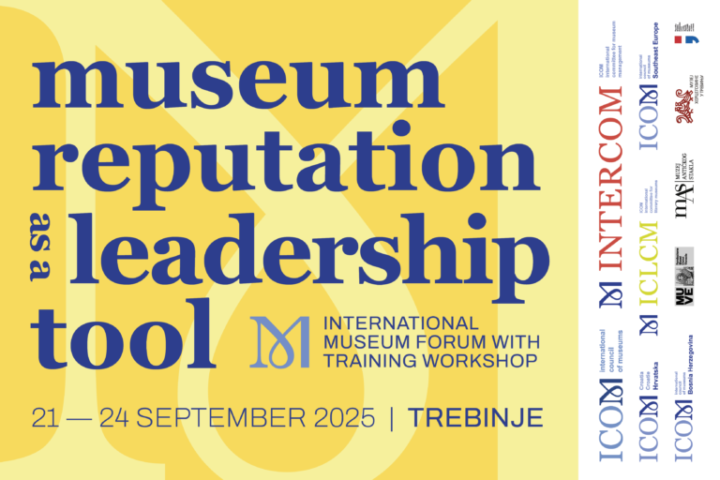
ICOM Special Project led by INTERCOM
Training Programme on Museum Reputation gathered regional museum professionals in Trebinje
Museum of Herzegovina, Trebinje | 21–24 September 2025
The International Museum Forum with a training workshop on “Museum Reputation as a Leadership Tool” was hosted by the Museum of Herzegovina in Trebinje from 21 to 24 September 2025. Organized under the auspices of ICOM and supported by the ICOM Special project grant as well as partner committees of INTERCOM, ICOM SEE, ICOM Bosnia and Herzegovina, ICOM Croatia and ICLCM, the programme gathered museum professionals, directors, curators, and cultural strategists from across Europe, the USA, and Egypt. The central theme addressed the crucial role of reputation in building resilient and trusted museum institutions in contemporary society. The training programme was drafted to suit the participants from the museums in Bosnia and Herzegovina.
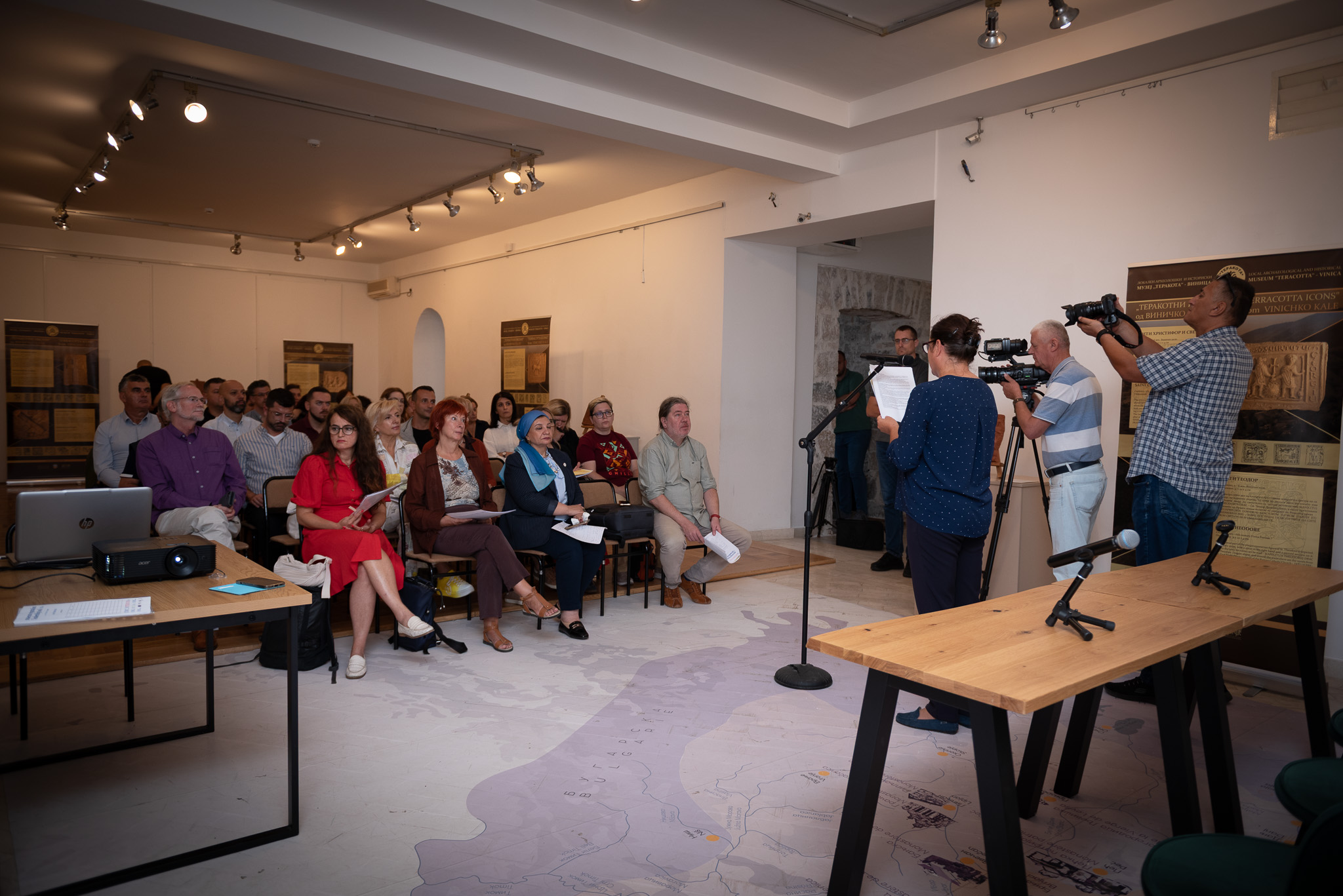
The meeting opened with welcoming remarks from Ivana Grujić, Director of the Museum of Herzegovina and President of ICOM Bosnia and Herzegovina, and Goranka Horjan, Chair of INTERCOM and project coordinator. Expert panels and study cases followed, featuring perspectives from distinguished professionals such as Cristina Vannini (INTERCOM), Ljubiša Veljković (Museum of East Bosnia), and Fatma Soliman (Grand Egyptian Museum). The case studies explored diverse examples of how cultural heritage institutions leverage reputation—from Egypt’s world-renowned museum projects to Slovenian castles and European heritage labeled sites in Croatia—demonstrating how museums can act as bridges within their communities.
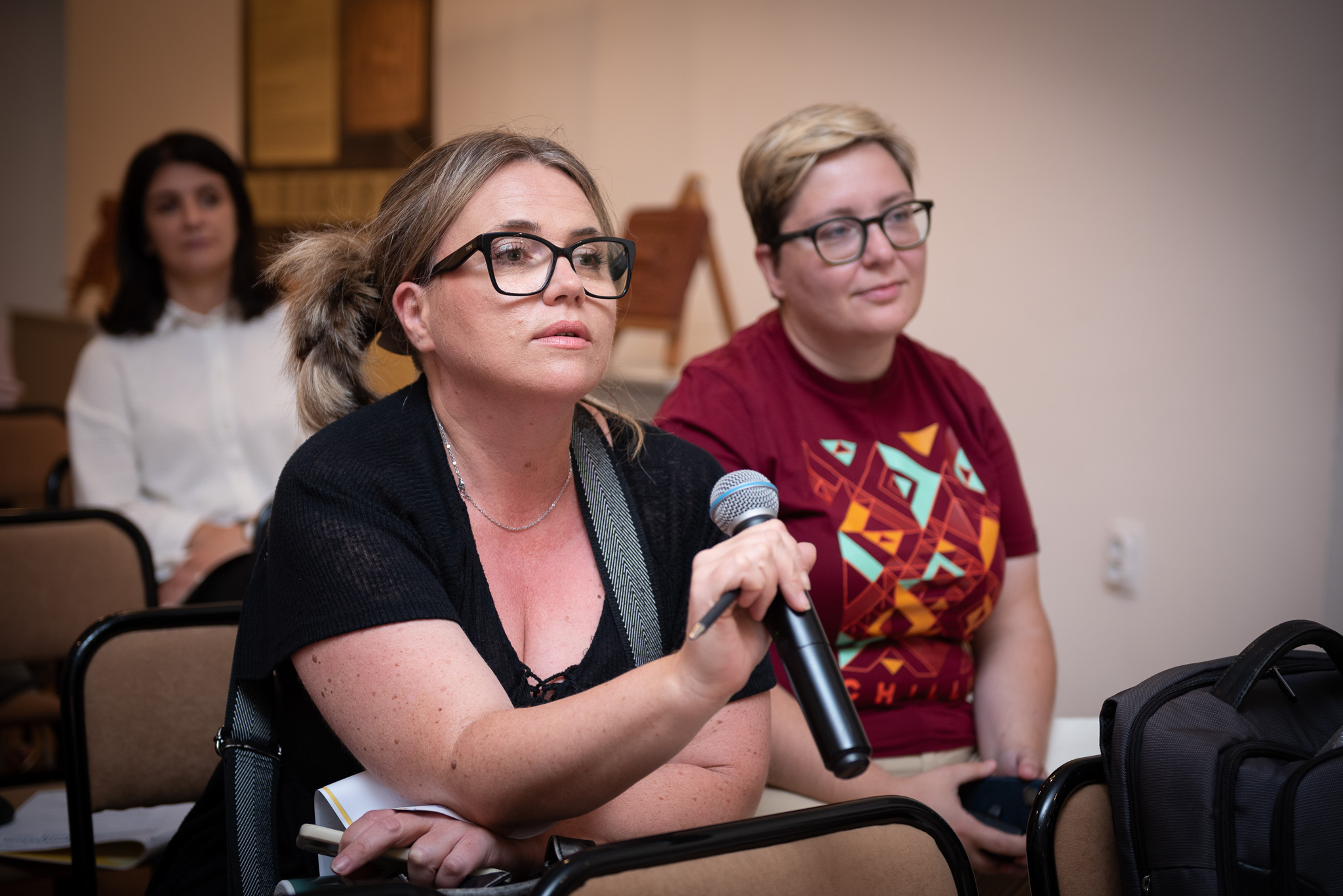
The workshops formed the core of the training, providing participants with practical tools to strengthen their institutions’ reputations. Cecilia Martin, a London-based brand strategist, led an interactive session on “Brand Purpose to Propel Your Reputation,” emphasizing the power of purpose-driven branding in building trust, credibility, and emotional connection with audiences. She illustrated how museums can transform themselves into platforms of social change, engaging communities through meaningful and inspiring narratives.
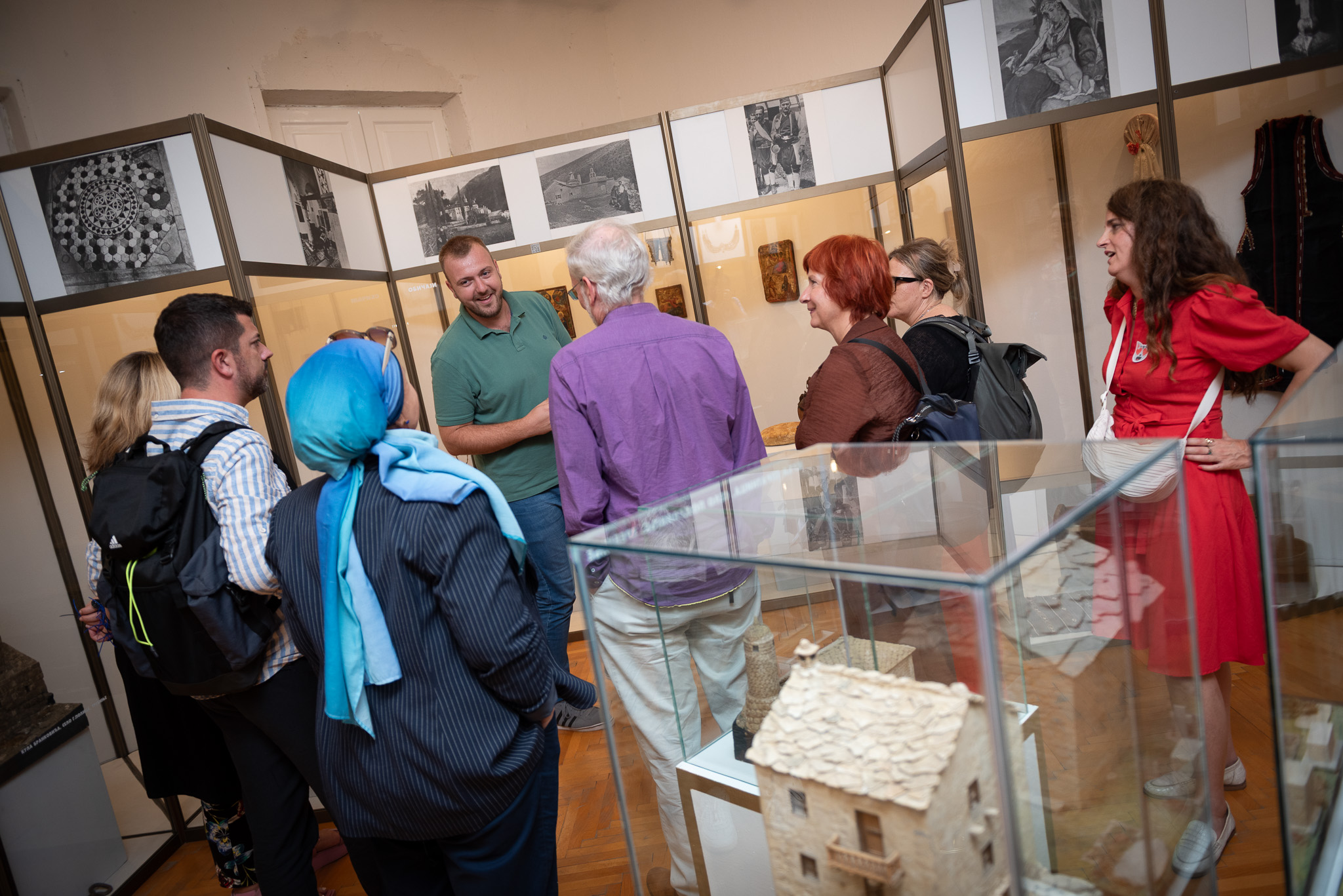
Complementing this, James Heaton, President of the Tronvig Group (New York), conducted a workshop on “Managing Museum Reputation.” His approach offered a systematic framework for improving both public perception and organizational impact. Building on Martin’s brand purpose exercise, Heaton guided participants through the development of practical strategies for aligning institutional mission, operational practice, and public communication in order to sustain long-term reputation growth.
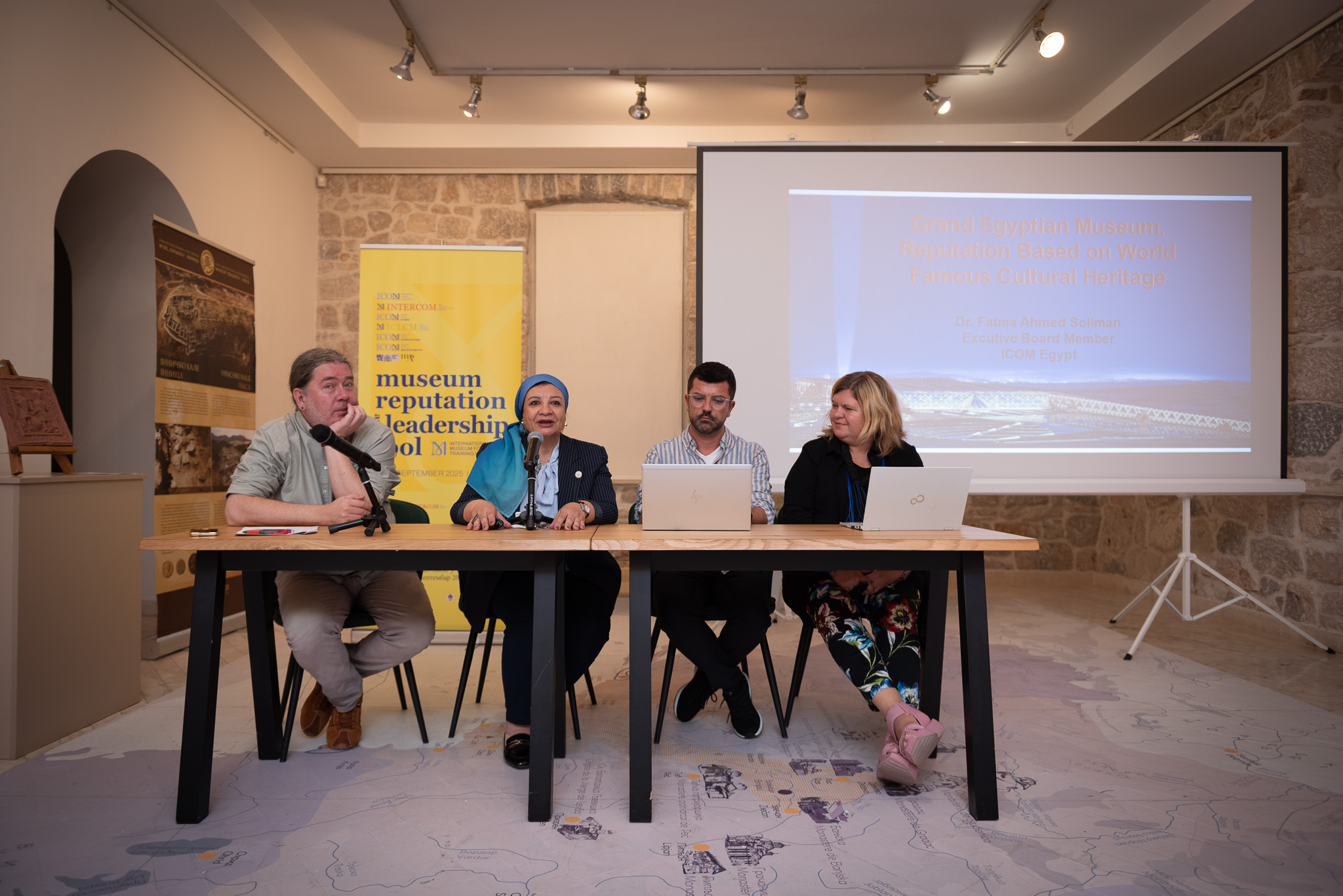
Additional case studies enriched the dialogue, with presentations on cultural strategies such as festivalization of intangible heritage, the Sarajevo museum scene, and building relevant museum concepts in regional contexts. These exchanges underscored the diverse challenges faced by institutions, from overtourism and workforce migration to the need for greater inclusivity and relevance in community engagement.
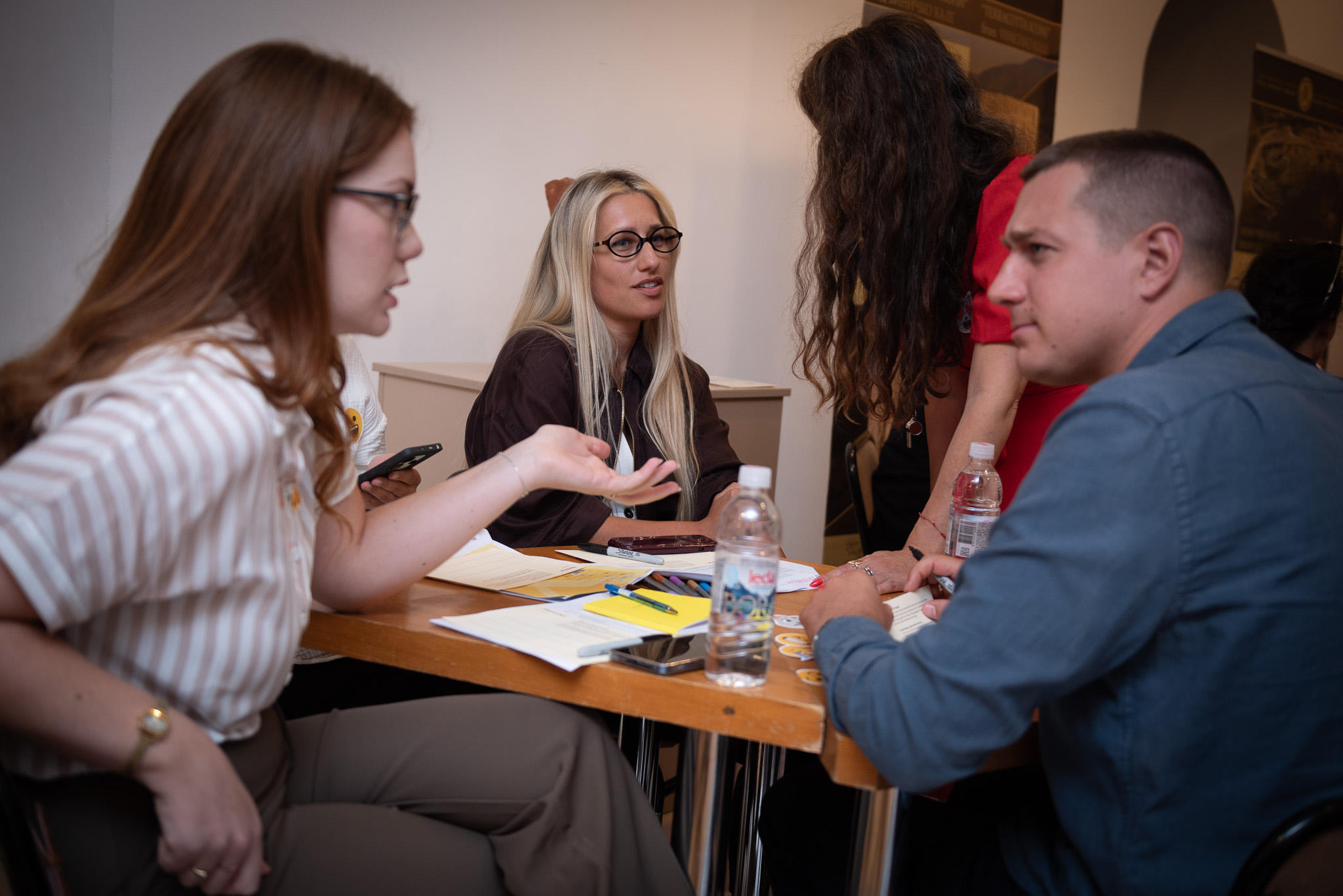
The survey led by a researcher and expert Jadran Antolović showed how museum professionals follow current trends in reputation building and together with a previous training programme survey in Zadar the survey will be used for the guideline planned to be published in a project brochure.
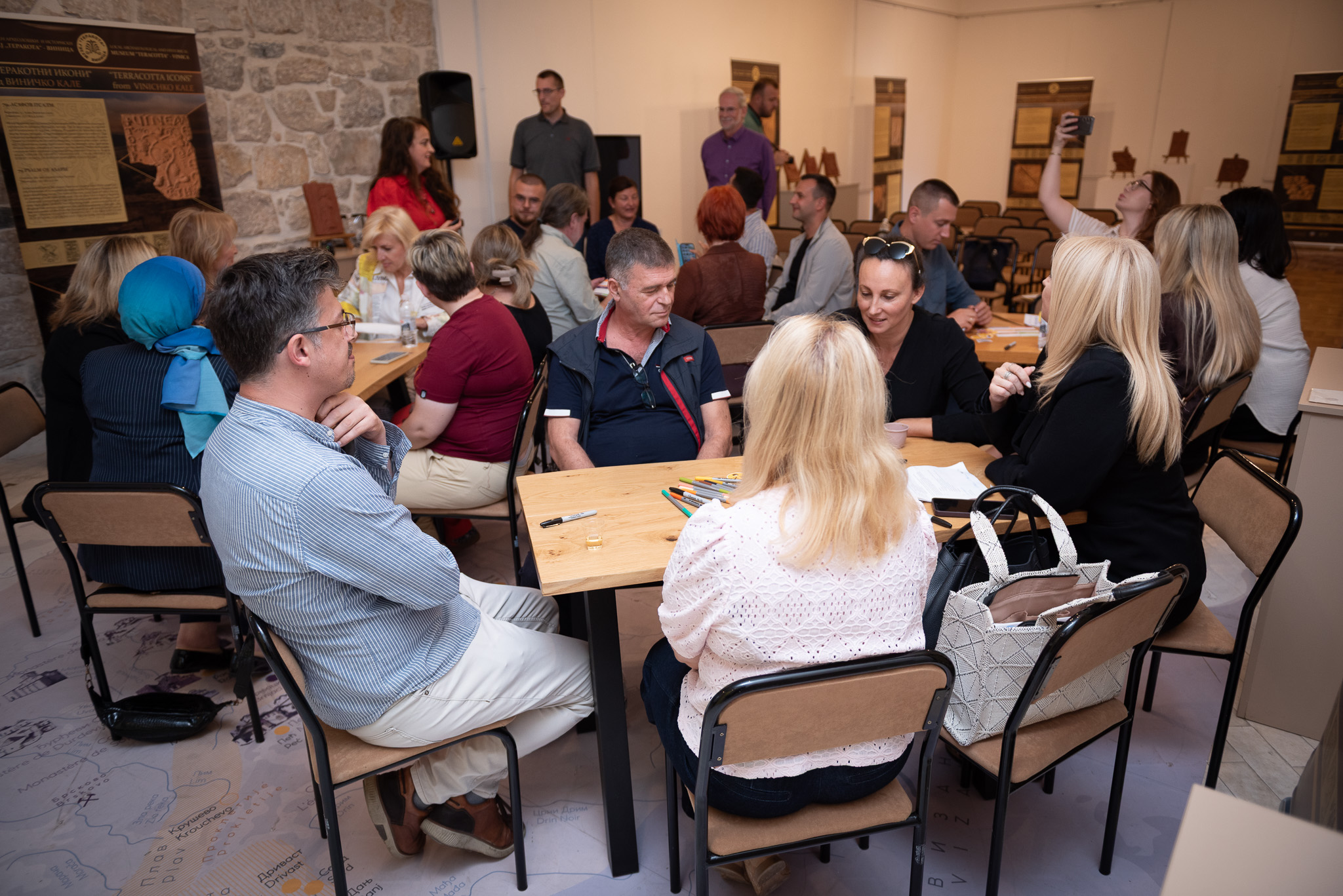
Through lectures, workshops, and site visits, participants engaged in reflective discussions on the evolving role of museums as community-centered platforms that foster well-being, inclusivity, and resilience. In times of global uncertainty and societal stress, museums were recognized as essential agents of empowerment and cultural enrichment.
The event concluded with visits to regional heritage sites, offering further opportunities for exchange and reflection. By bringing together international expertise and local challenges, the Trebinje forum succeeded in equipping museum professionals with innovative tools and strategies to enhance their institutions’ reputations and reaffirm their vital role in shaping a sustainable cultural future.
Goranka Horjan